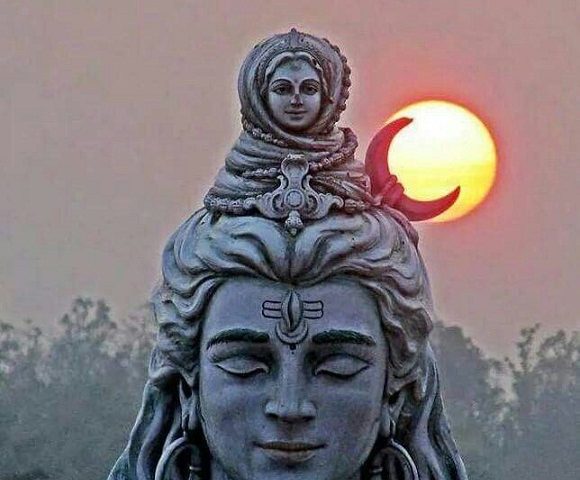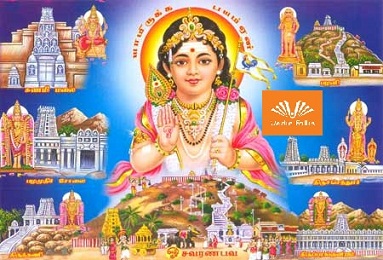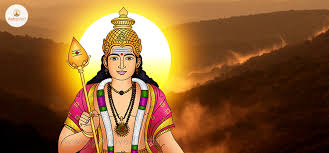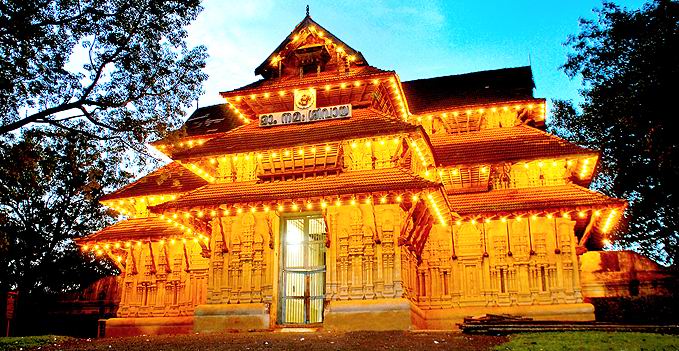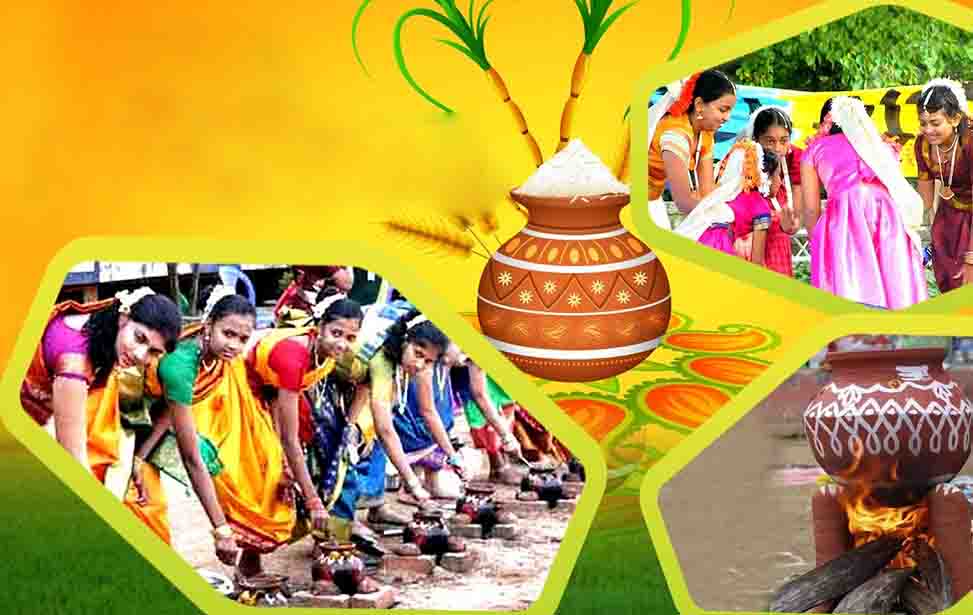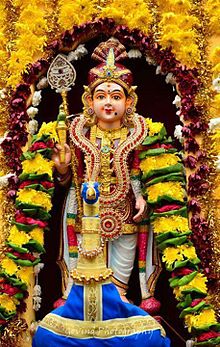Type : Hindu
Observances: Fasting, Yoga, Allnight virgil, Worship of Lingam
History:
The Maha Shivaratri is mentioned in several Puranas, particularly the Skanda Purana, Linga Purana and Padma Purana. These medieval era Shaiva texts present different mythologies associated with this festival, but all mention fasting and reverence for icons of Shiva such as the Lingam. According to Jones and Ryan, the festival may have originated around the 5th century CE.
Description :
Maha Shivaratri is an annual festival dedicated to the Hindu god Shiva, and is particularly important in the Shaivism tradition of Hinduism. Unlike most Hindu festivals which are celebrated during the day, the Maha Shivaratri is celebrated at night. Furthermore, unlike most Hindu festivals which include expression of cultural revelry, the Maha Shivaratri is a solemn event notable for its introspective focus, fasting, meditation on Shiva, self study, social harmony and an all night vigil at Shiva temples.
The celebration includes maintaining a “jaagaran“, an all-night vigil and prayers, because Shaiva Hindus mark this night as “overcoming darkness and ignorance” in one’s life and the world through Shiva. Offerings of fruits, leaves, sweets and milk to Shiva are made, some perform all-day fasting with vedic or tantrik worship of Shiva, and some perform meditative Yoga. In Shiva temples, “Om Namah Shivaya“, the sacred mantra of Shiva, is chanted through the day.
Maha Shivaratri is celebrated over three or ten days based on the Hindu luni-solar calendar. Every lunar month, there is a Shivaratri (12 per year). The main festival is called Maha Shivaratri, or great Shivaratri, and this is on 13th night (waning moon) and 14th day of the month Phalguna (Magha). According to the Gregorian calendar, the day falls in either February or March.
A Festival of Contemplation:
During the Vigil Night of Shiva, Mahashivaratri,
we are brought to the moment of interval
between destruction and regeneration;
it symbolizes the night
when we must contemplate on that which
watches the growth out of the decay.
During Mahashivaratri we have to be alone
with our sword, the Shiva in us.
We have to look behind and before,
to see what evil needs eradicating from our heart,
what growth of virtue we need to encourage.
Shiva is not only outside of us but within us.
To unite ourselves with the One Self
is to recognize the Shiva in us.
LOKAS ON LORD SHIVA
- Kailaasarana Shiva Chandramouli
Phaneendra Maathaa Mukutee Zalaalee
Kaarunya Sindhu Bhava Dukha Haaree
Thujaveena Shambho Maja Kona Taaree
Meaning: Oh, Lord Shiva, who is seated on Mount Kailas, whose forhead is decorated with the moon and the king of serpents as a crown, who is the Ocean of Mercy and the remover of delusion, You alone can protect me. I surrender to thee.
2. Aum Trayambakam Yajaamahey
Sugandhim Pusti Vardhanam
Urvaarukamiva Bandhanaath
Mrutyor Muksheeya Maamritaat
Meaning: We worship the three eyed One (Lord Shiva) who is fragrant and who nourishes all beings; may He liberate me from death, for the sake of immortality, even as cucumber is severed from its bondage of the vine.
3. Mrutyunjayaaya Rudraaya
Neelakantaaya Shambhave
Amriteshaaya Sarvaaya
Mahadevaaya Te Namaha
Meaning: I pray to Lord Mahadeva who has conquered death, who is the destroyer of the universe, who has a blue neck and who gives happiness to all.
4. Vande Deva Umaa Pathim Suragurum
Vande Jagat Kaaranam
Vande Pannaga Bhooshanam Mruga Dharam
Vande Pashoonam Pathim
Vande Soorya Shashanka Vahni Nayanam
Vande Mukunda Priyam
Vande Bhakta Jana Ashrayam Cha Varadam
Vande Shiva Shankaram
Meaning:I bow down to the Lord of Uma (Parvathi), the divine Guru, the cause of the universe. I bow down to the Lord who is adorned with snake and wears tiger skin, the Lord of all creatures. I bow down to the Lord whose three eyes are the sun, moon and fire and to whom Lord Vishu is near. I bow down to the Lord who is the refuge of all devotees and the giver of boons, Shiva Shanakara.
5. Gauri Vallabha Kaamaarey
Kaala Koota Vishaasana
Maam Uddhhare Padambhoje
Tripura Agnyata Kaantaka
Meaning: Please save me, oh Lord Kaamaarey (another name for Lord Shiva). You are mother Gauri’s consort; You are the One who drank the kaala koota poison (which resulted from the churning of the ocean); You are the destroyer of the three cities. Oh Lord I have taken refuge at Your Feet.

